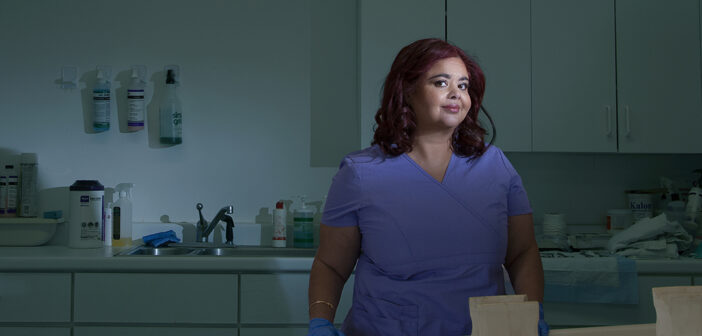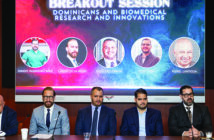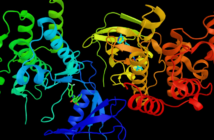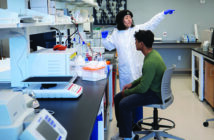On the Record
The same talent for breaking down complicated information for surviving family members has made Banerjee a go-to medicolegal expert for the media. Many journalists have her number on speed dial. On television and the radio, online and in print, she has provided commentary about dozens of high-profile deaths, including the suicide of prison guard Vicky White, the sudden passing of actor Bob Saget, the remains of missing person Gabby Petito, and the murder of George Floyd, to name a few recent examples. In August 2022, Banerjee’s involvement in the Captain Freddy case was included in the “Tell No Tales” episode of Forensic Files II. She also provides expert legal testimony, and has been involved in more than 50 criminal and civil cases in several states.
Banerjee has testified about opioid-related deaths in Oklahoma and Rhode Island, and she offered gunshot wound and crime scene interpretation in the successful 2020 wrongful death lawsuit Breonna Taylor’s family brought against the Louisville, KY, police department after officers shot and killed Taylor in her home.
Banerjee’s urge to explain serves her well as a teacher for a variety of audiences. In addition to her appointment at the Medical School (where she received a 2019 Clinical Teaching Award), Banerjee has taught forensic medicine at Roger Williams University and Boston University. And she has guest lectured on gunshot wounds, overdose deaths, autopsies, and more for Johnson & Wales University, the Rhode Island State Police Training Academy, theRhode Island Office of the Public Defender, and the International Association of Arson Investigators.
At a summer 2022 conference sponsored by Brown’s Office of Women in Medicine and Science, Banerjee stressed the importance of “clarity and concision” when communicating with the public, framing both media and social media exposure as an opportunity to explain medical concepts to people who are not physicians. This has become ever-more important given the ubiquity of true crime books and shows, from the early television franchise CSI: Crime Scene Investigation to HBO’s recent hit The Staircase. (Some can leave viewers with rather fanciful ideas, Banerjee told the audience. A family member of the deceased once asked her, “Did the killer leave an imprint on his eyes?”) And while she likes the personal and public impact of teaching and testifying, she added that she wants to represent her profession in a positive light: “We’re not creepy people or basement dwellers.”
It’s easy to start talking in very technical terms and lose the ability to bring it down to a lay person’s level. Priya hasn’t lost that skill. That’s why she gets interviewed so often.”
And it’s true, at least when it comes to Banerjee. With her wide smile and ready laugh, she is anything but morbid. An avid Peloton user, enthusiastic knitter, and lover of cats and dogs, she also enjoys making good use of her two “COVID purchases,” a pizza oven and an ice cream maker, with her 8-year-old daughter. Lance Truong RES’24, DO, associate chief resident of the Brown Pathology Residency Program, describes her as warm and approachable, upbeat and bubbly. She is a true mentor, he adds, someone with whom he has a personal connection.
“The magic of Priya is that in addition to being a phenomenal physician, she’s a very down-to-earth person,” says Truong, who will be a fellow in pediatric pathology at Boston Children’s Hospital starting in 2024. “They say pathologists are the doctors’ doctors: our audience is other medical professionals. It’s easy to start talking in very technical terms and lose the ability to bring it down to a lay person’s level. Priya hasn’t lost that skill. That’s why she gets interviewed so often.”
During Truong’s residency, the two have bonded over a common interest in bugs and corpses. An entomologist before he was a pathologist, Truong worked with his mentor to create a forensic entomology how-to page on the website PathologyOutlines.com. The guide contains everything an ME might need to know about, say, insect colonization on a decomposing corpse, or how the consumption of maggot-infected foods affects the body, or the fact that beetles can bore into bone and create microscopic marks that look just like the damage caused by bullets.
When asked if she’s ever been to the Forensic Anthropology Center at the University of Tennessee, Knoxville (a.k.a. “The Body Farm”), which is dedicated to the systematic study of human decomposition, Banerjee’s large brown eyes light up. “No, but I really want to!” she says. “Lance and I were thinking of doing that type of experiment here in Rhode Island, near the water. Something non-human-body related, of course.”




